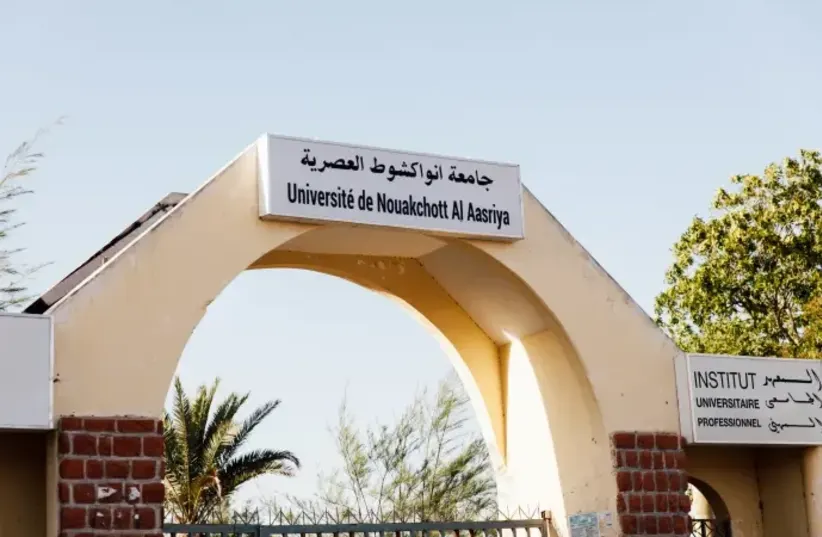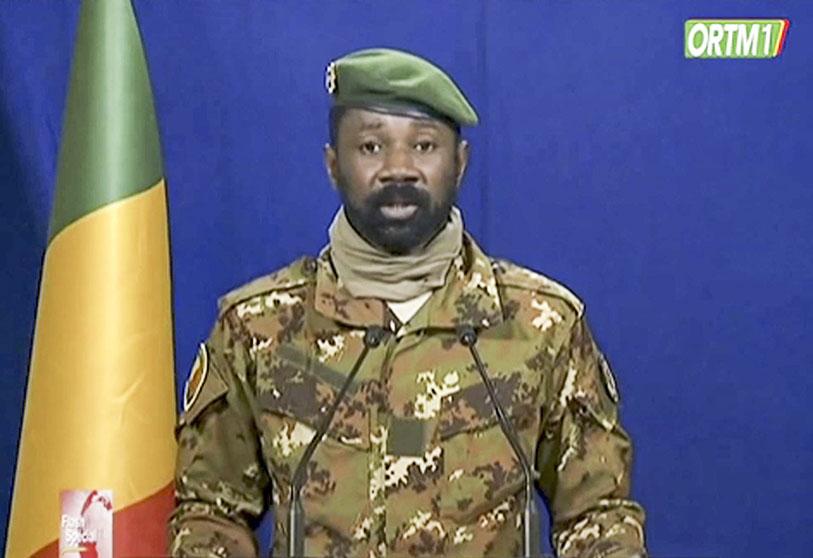The Media Foundation for West Africa (MFWA) strongly condemns the arrest of students from the University of Nouakchott who are being prosecuted for criticising the Mauritanian president in a viral protest video. The MFWA calls for their immediate and unconditional release.
The students, who filmed themselves on March 21, 2025, chanting slogans such as “President Zero” and “Incompetent President”, were arrested three days later, on March 24. They are being prosecuted under the Penal Code, the Cybercrime Law, and the Law on the Protection of National Symbols. The latter has been widely criticised for its vague language and potential to stifle dissent in Mauritania.
The arrest follows the publication of a video message addressed to President Mohamed Ould Cheikh El-Ghazouani. In the footage, the students protested their exclusion from a presidential fast-breaking (iftar) banquet on campus the previous day, March 20. The event was held at the university’s restaurant, but several students were reportedly barred from entering.
The excluded students, members of the National Union of Mauritanian Students (ANEM), had been at the forefront of a sustained campaign demanding the payment of long-overdue university scholarships. Their exclusion sparked angry protests on campus, prompting the deployment of security forces who reportedly used force to disperse the demonstrators, leaving several students injured.
The police have not commented on the specific charges filed against the students, but reports indicate that the faces of several individuals chanting slogans in the video were identified, leading to their arrest by police.
The MFWA finds it deeply concerning that students peacefully expressing their dissatisfaction online are being criminalised under repressive legal provisions. The ongoing crackdown reflects a deteriorating climate for free expression in Mauritania.
The MFWA calls on the Mauritanian authorities to immediately release the detained students and engage in constructive dialogue with student representatives. The right to freedom of expression, whether exercised online or offline, must be respected as a fundamental pillar of democracy.






